Think back to your days as a young student in school: Was your classroom characterized by the monotonous voice of a teacher, droning on as they read aloud from an old textbook, expecting all your classmates (despite their diverse learning styles and backgrounds) to retain what was being taught? If so, you’re not alone.
Doesn’t that classroom scenario exude boredom? Though many of us grew up in school settings like that, actually nobody wants to learn that way. And frankly, teachers don't really want to teach that way.
As an educator with over 15 years in the teaching field, I can still recall the glazed-over eyes of my own classmates, the occasional student drifting off to sleep in the back corner, and the lack of energy that filled the room. There was no excitement, no engagement, just a passive absorption of information that few of us truly retained. Does that sound familiar?
Any insightful educator should be asking that reflective question: were my classmates really learning and remembering any of that information? While they may have passed the test at the end of the week, what about a month or a year later? Did the information really stick, or was it quickly forgotten?
Fast forward to today, an educational progressive era where both educators and parents are acutely aware of the need for better learning tools: tools that not only engage students but also ensure long-term retention of subject matter. With all the new teaching research, thankfully, gone are the days when students could be expected to sit still and simply absorb information from a lecture. Today, educators actively research and seek out the best educational resources, ones that provide engagement, subject matter retention, and—dare I say?—fun!
Why Card Games?
Card games, particularly flash cards, have risen in popularity over recent years as learning tools. They are the perfect bridge between being engaging and being effective, especially when it comes to retention.
Still not convinced of the educational value of card games? Let’s take a deeper look at why these tools are becoming increasingly popular in classrooms and why both teachers and kids are drawn to them.
Why Teachers Love Card Games
Teachers have one primary goal: to ensure that their students are learning the curriculum effectively. The challenge, however, is finding ways to teach diverse learners who all process information differently. Anything brought into the classroom must provide real educational value. Card games are perfect for this, and here’s why:
- Card Games Provide the Memory Boost: One of the most well-researched techniques for improving memory and recall is spaced repetition, and card games are a perfect tool to incorporate this technique into the classroom. Flash cards, in particular, allow students to cycle through a deck of cards, revisiting material multiple times and ensuring it sticks in their long-term memory. Whether students are being introduced to new material or reviewing previously taught lessons, this repetition is key to retention.
- Cards Provide Easy Processing of a Lot of Material: Because flash cards are designed with a limited amount of space, only the most important information makes it onto the card. This forces clarity and simplicity, which is beneficial for students. Because of the size restrictions of a card, rather than overwhelming students with too much information, flash cards present bite-sized pieces of knowledge, helping learners focus on what’s most important. This chunking method is especially helpful for young learners who are still developing their processing skills.
- Card Games Enhance Critical Thinking: Flash card games often challenge learners to think critically and quickly, simultaneously. The point of many card games is to cycle through the cards rapidly or to compete at game speed, requiring students to recall information quickly and articulate their thoughts succinctly. This not only helps with memory skill building but also with cognitive processing--students have to make decisions quickly based off of their foundational knowledge and lean into their critical thinking.
- Cards are Customizable to Fit Any Lesson: Another fantastic benefit of card games is their adaptability. Teachers can create custom decks tailored to their specific lesson plans or modify existing ones to focus on specific learning objectives, especially with the plethora of themed card games available on the market. Teaching multiplication? There are hundreds of math card games available. Geography? Check out cards of states or landmarks. This allows for a personalized learning experience that can meet the needs of individual students, making it a versatile tool in any classroom.

Why Kids Love Card Games
It’s not just teachers who love using card games—kids are equally enthusiastic. Flash card games bring an exciting element of fun into the learning process, motivating students to challenge themselves and each other in ways that don’t feel like traditional schoolwork.
- Learning through Play: One of the biggest advantages of card games is that they turn learning into playtime. Kids want to be able to move, talk, and engage during learning activities; anything kinesthetic will win them over through tactile engagement. Kids naturally love hands-on activities, and flash cards allow them to engage actively with the material rather than passively listening to a lecture. Now add in the colorful designs and interactive format of the cards, you'll quickly grab students' attention and keep them engaged. Learning becomes fun instead of something to be dreaded.
- Learning with Friends: Many card games encourage social interaction, as they are often played in small groups or pairs. This peer-to-peer collaboration adds an important social dimension to learning. Not only are students interacting with the material, but they are also discussing answers and strategies with their peers, enhancing their understanding of the content. This social learning process helps build communication and teamwork skills while reinforcing the lesson content.
- Learning through Competition: Let’s be honest — kids love a little competition. Card games allow for that competitive element in a healthy, constructive way. Whether they’re racing the clock or competing against classmates, students are challenged to think quickly and recall information fast. The element of competition adds excitement to the process and can help boost students' confidence as they see their own progress and improvements.
- Learning with Instant Feedback: One of the most effective aspects of card games is the immediate feedback they provide because kids don't have to wait until the end of the week to see how they're doing; they get instant responses to their answers by flipping the card over. The answer on the back can quickly determine whether they're right or need more practice. This immediate feedback loop is a fantastic motivator because students can adjust their strategies accordingly. It's a quick confidence boost that keeps kids engaged and striving to do better.
Looking for Quality Card Games? Try Quokka’s Flash Cards and Card Games!
Maybe you're sold on using card games but want the best cards available for purchase today; ones that are high-quality, smartly designed and will grab the attention of your students.
Look no further than Quokka’s collection!
These cards turn learning into an interactive, multi-sensory experience where kids can see, touch, and talk through lessons, making them easier to remember and more enjoyable to learn. Need some recommendations?
If you teach little ones:
- Try Quokka’s 120 Learning Flash Cards for Toddlers | ABC, Numbers, Colors to help your preschooler get that alphabet locked in!
- Are you teaching story sequencing? Then 150 Story Sequence Cards for Toddlers | Autism Learning Toys is the perfect card set for you.
If you have older students:
- We can’t forget about those math lessons. Math Games for Kids 3 Set | 340 Addition Subtraction Flashcards will help your students memorize those number families. Use them as math drills that feel like a game!
- The Hunter Walker card game series is also a unique resource for upper elementary classrooms; students will have the chance to use walkie talkies to strategize and communicate during scavenger hunts.
- Working on parts of speech? This Hunter Walker Adjectives and Letters Card Game edition is perfect for student partners to practice using and identifying adjectives in their educational space.
All the Quokka card game sets are laminated, high quality, and durable—perfect for multi-use and capable of lasting for years of teaching.
Include Card Games in Your Classroom
Card games have proven themselves to be valuable tools in modern education because they're more than just a fun activity—they're a powerful learning tool that provides both the thrill of competition and the satisfaction of quick recall. Teachers and kids alike benefit from the interactive nature of these games, and the flash cards offered by Quokka are an excellent way to bring fun, engagement, and learning together in one package.
Don't let boredom creep into your classroom or home—try card games and watch how they transform learning into a memorable, enjoyable experience!

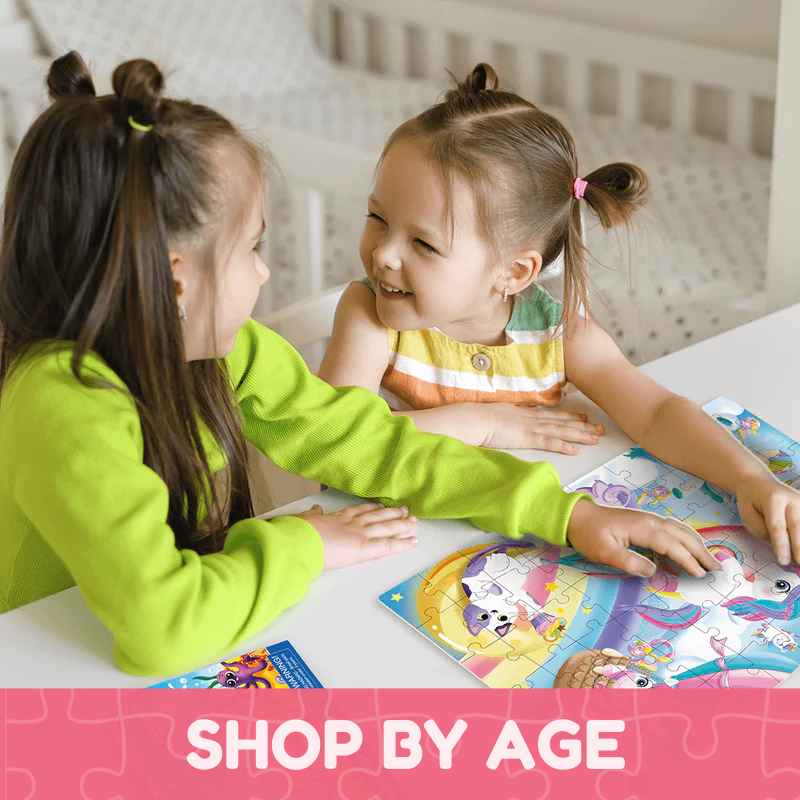
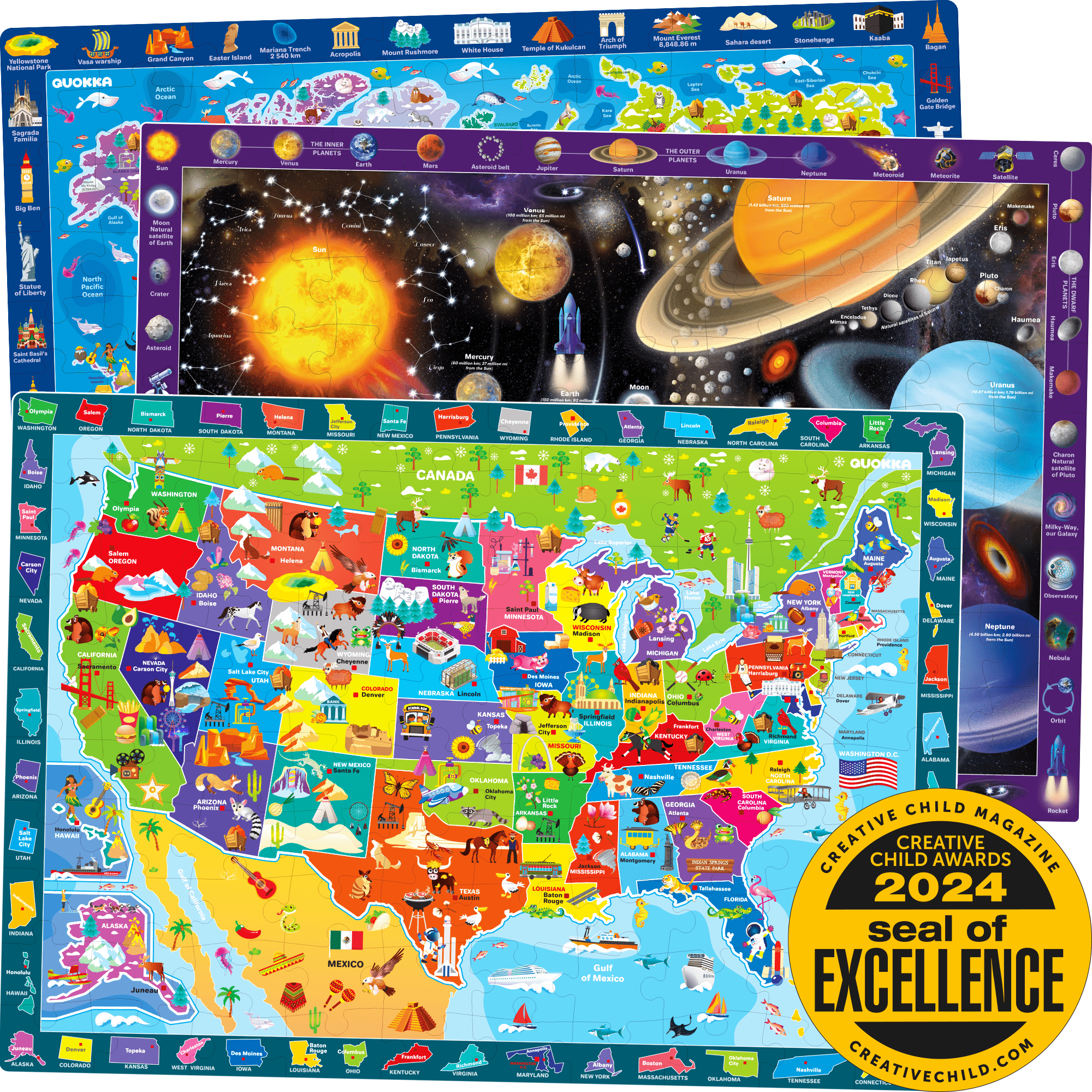
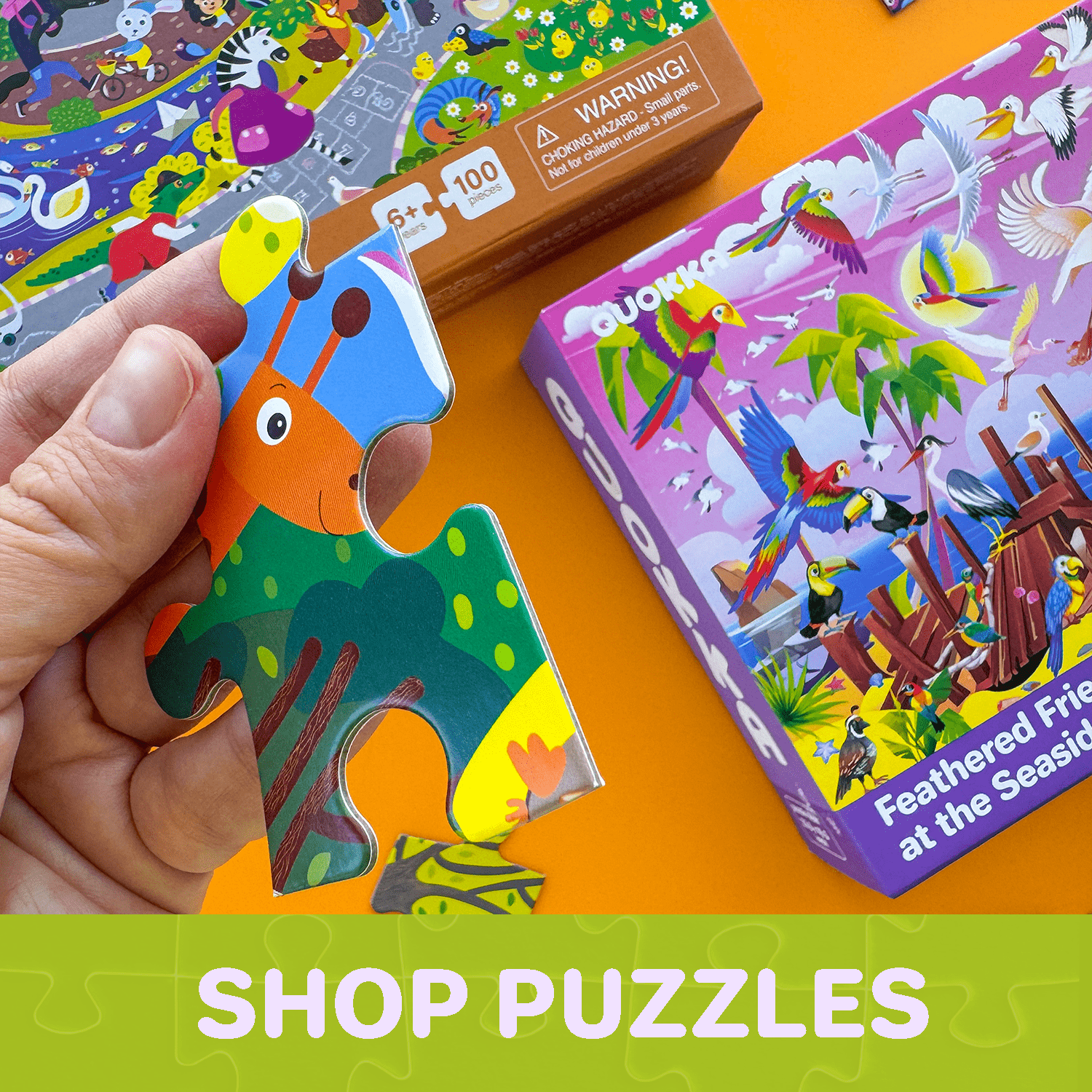
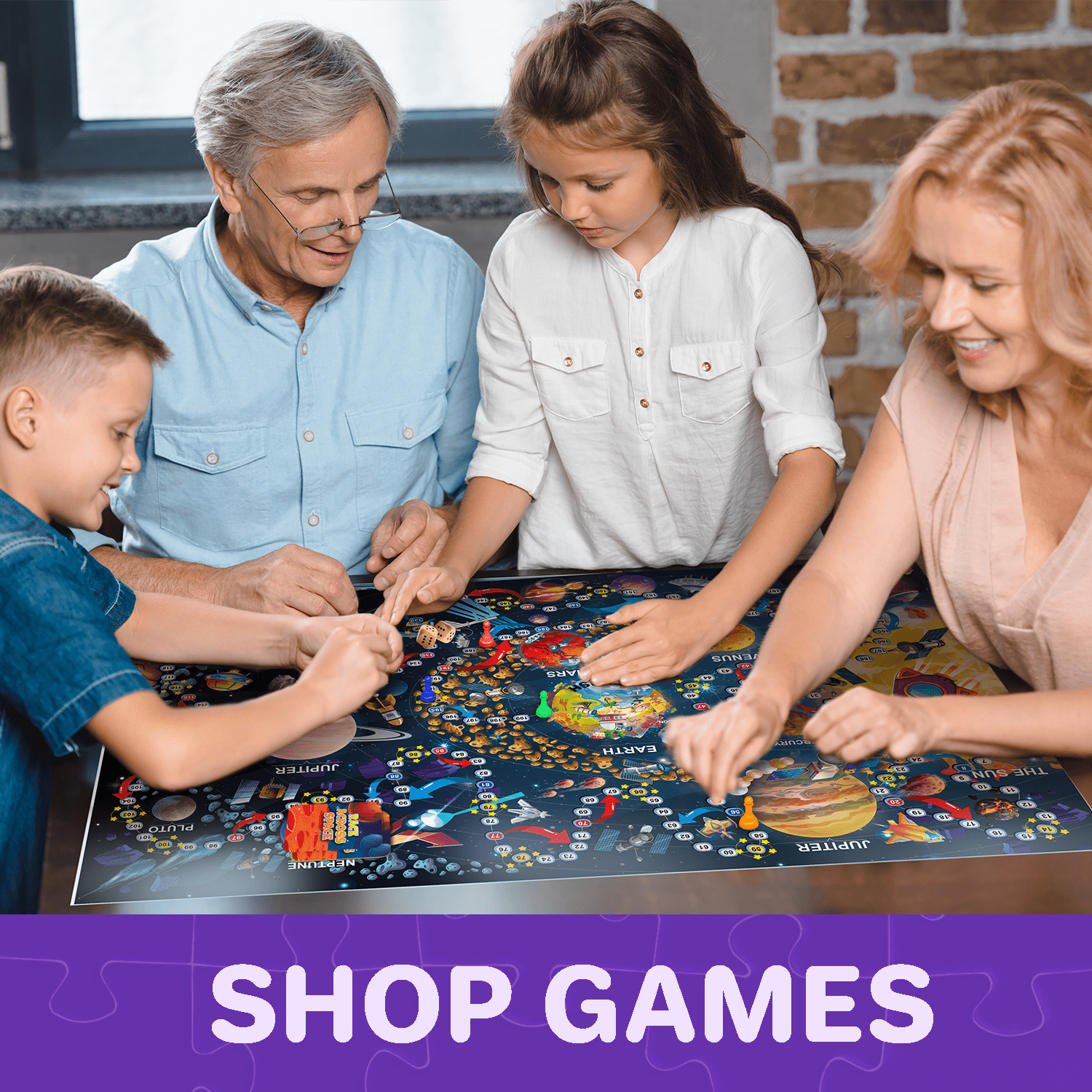
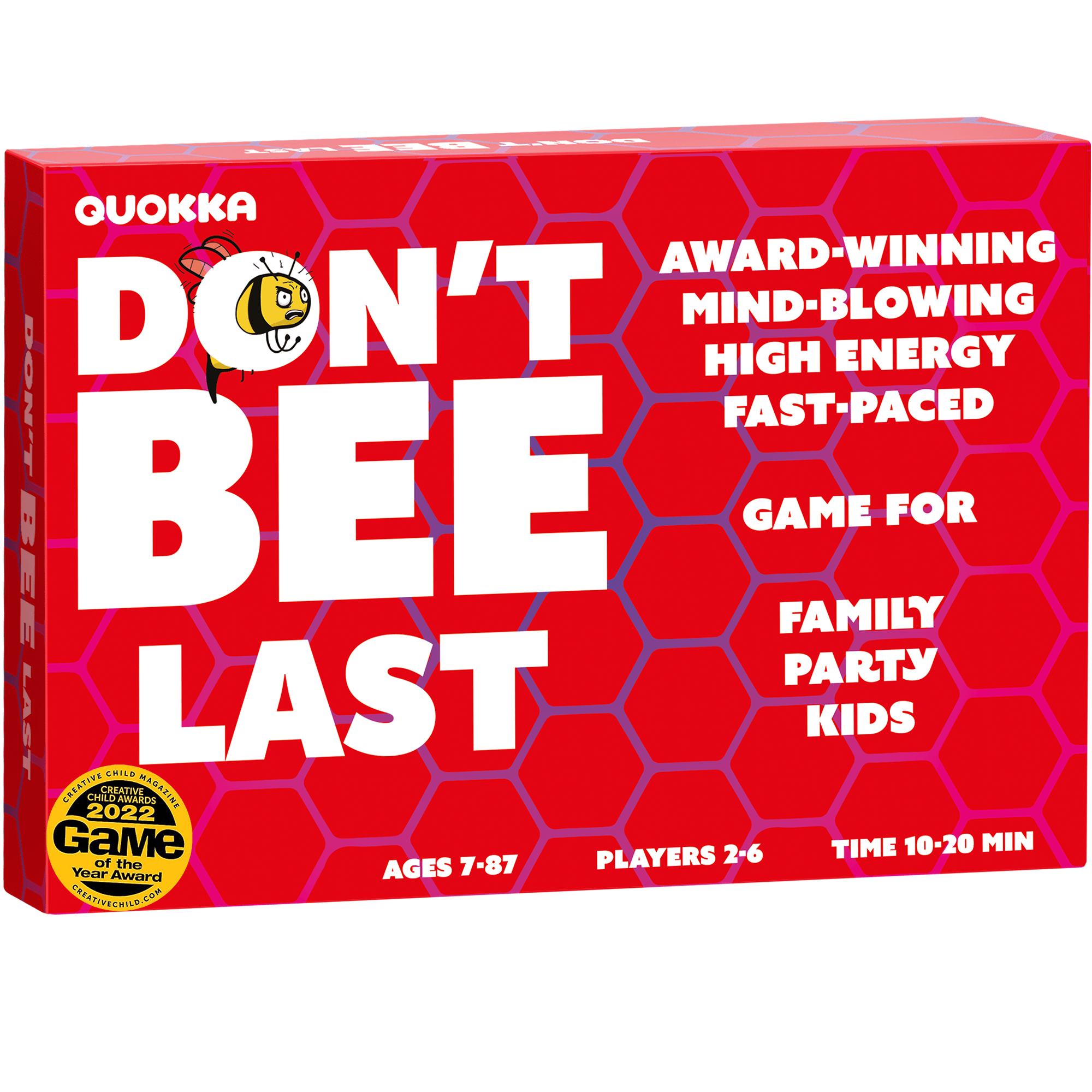
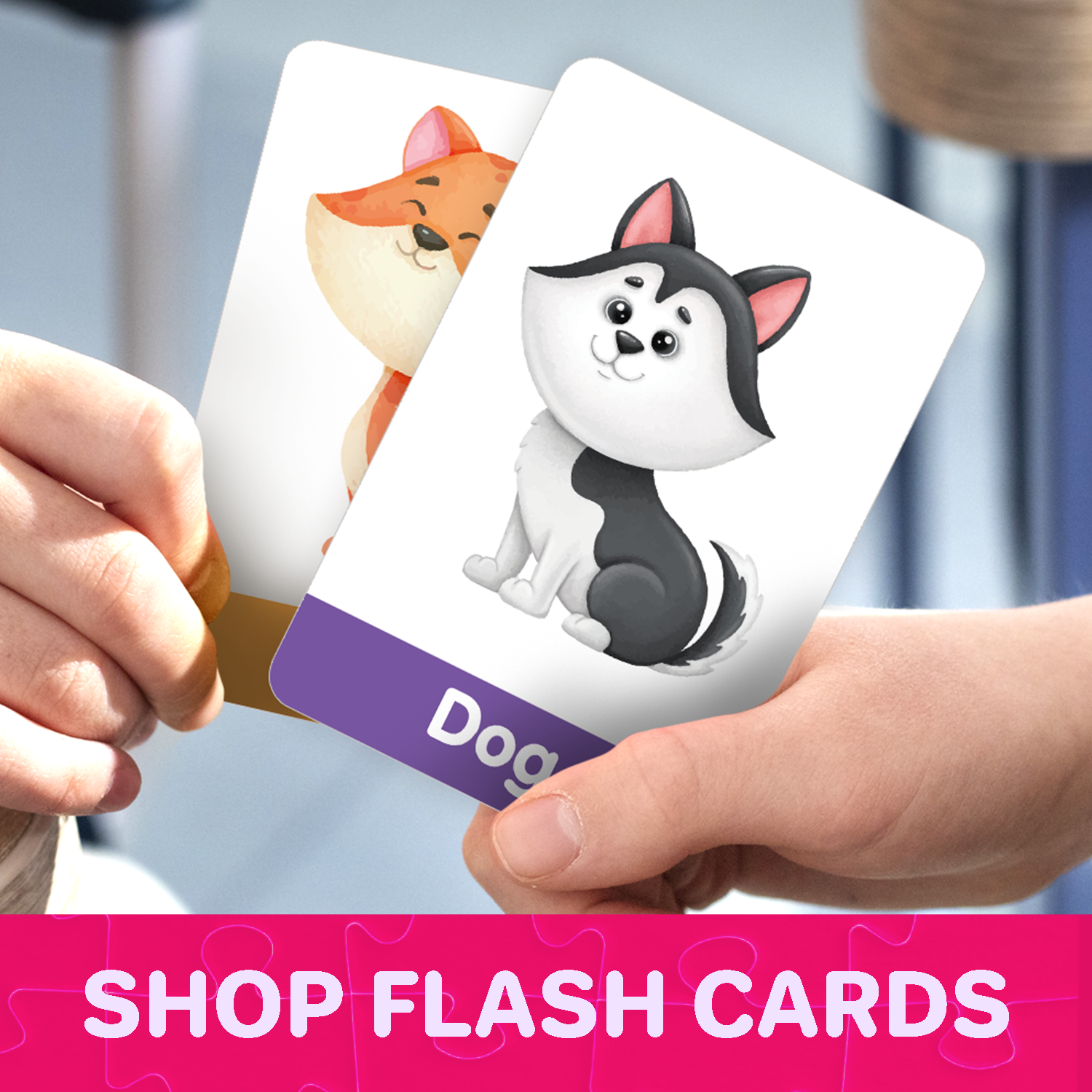
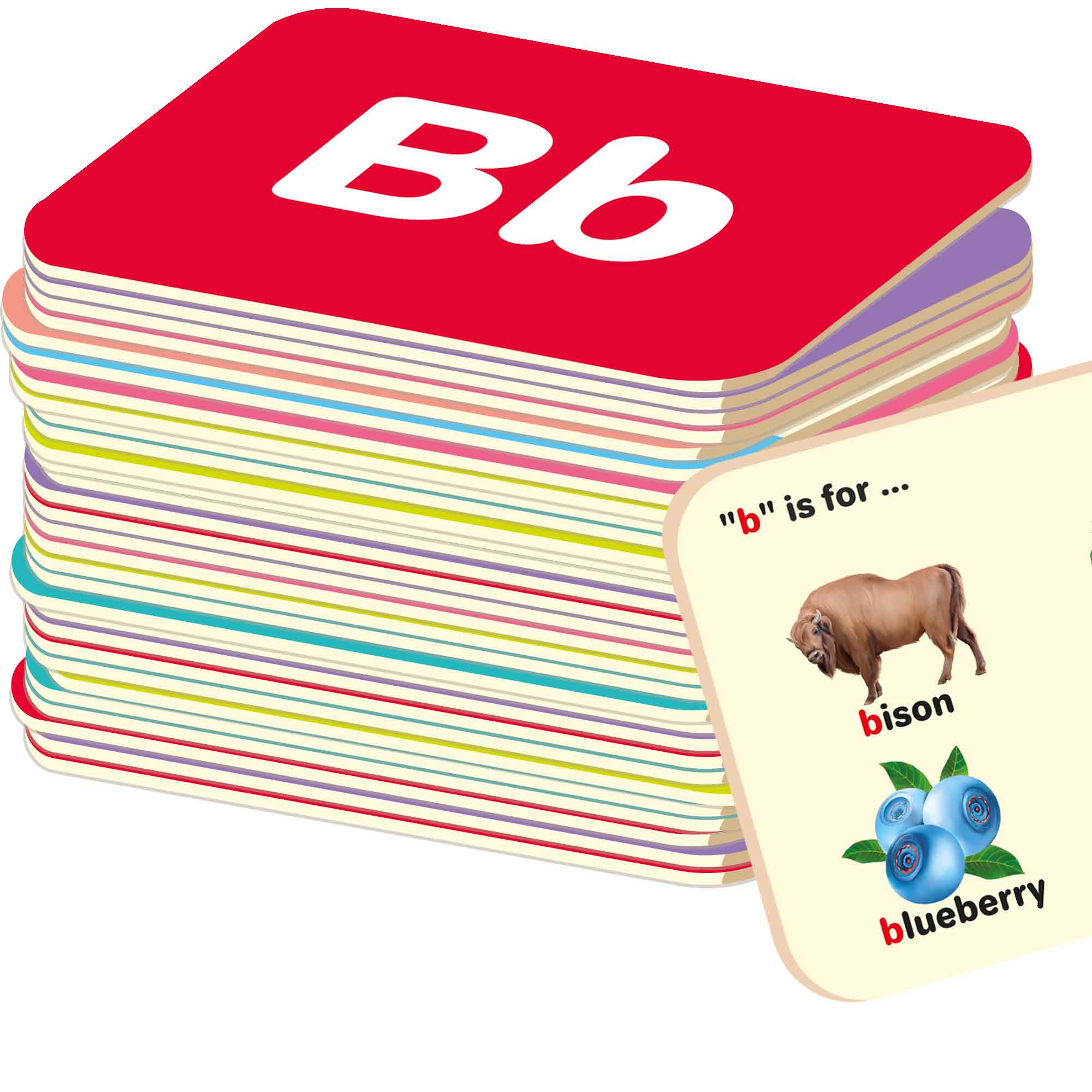
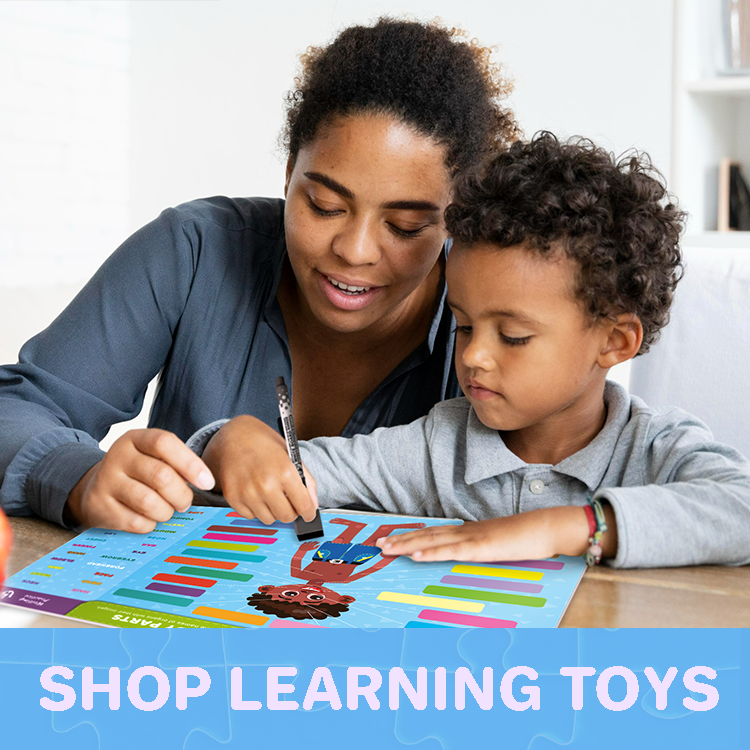
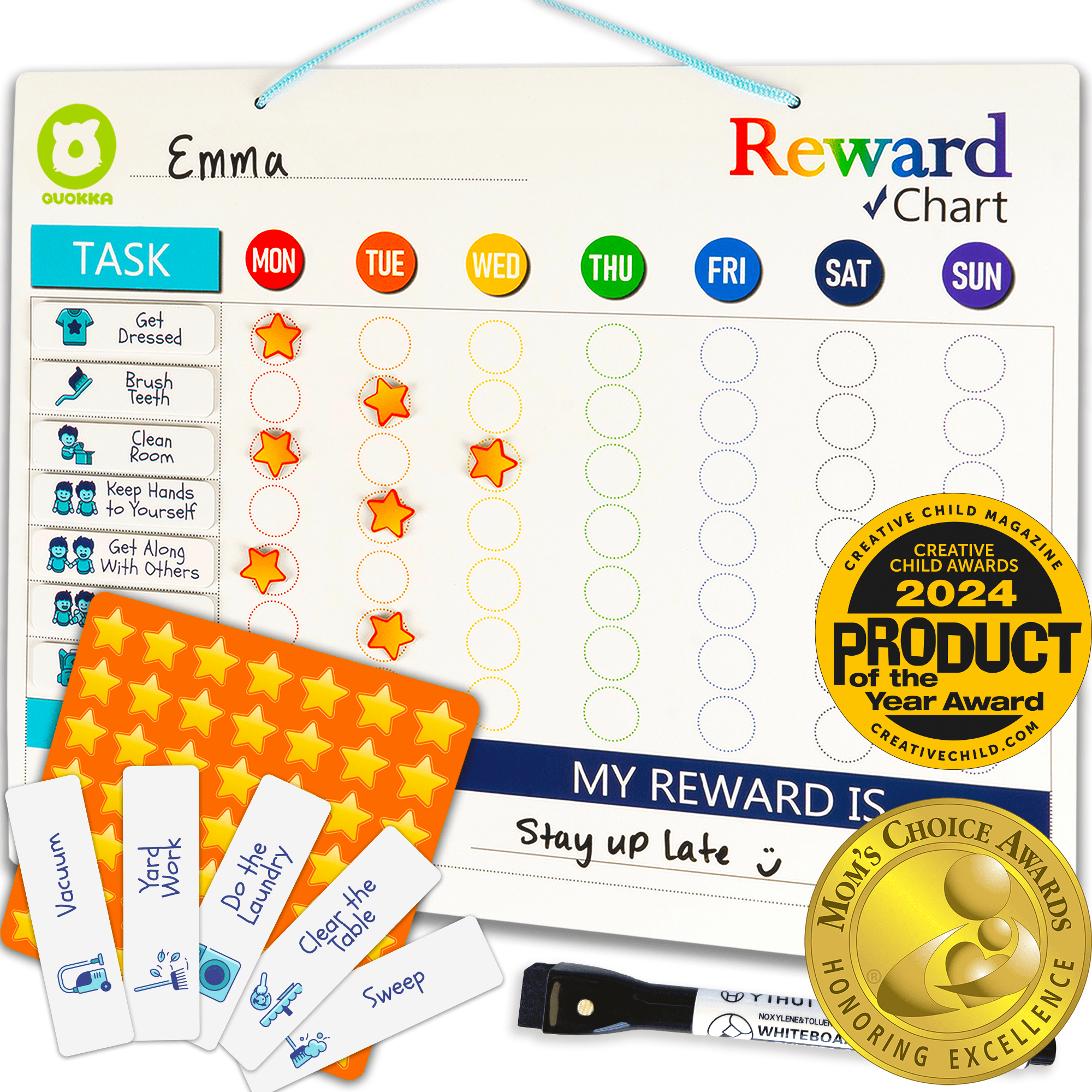
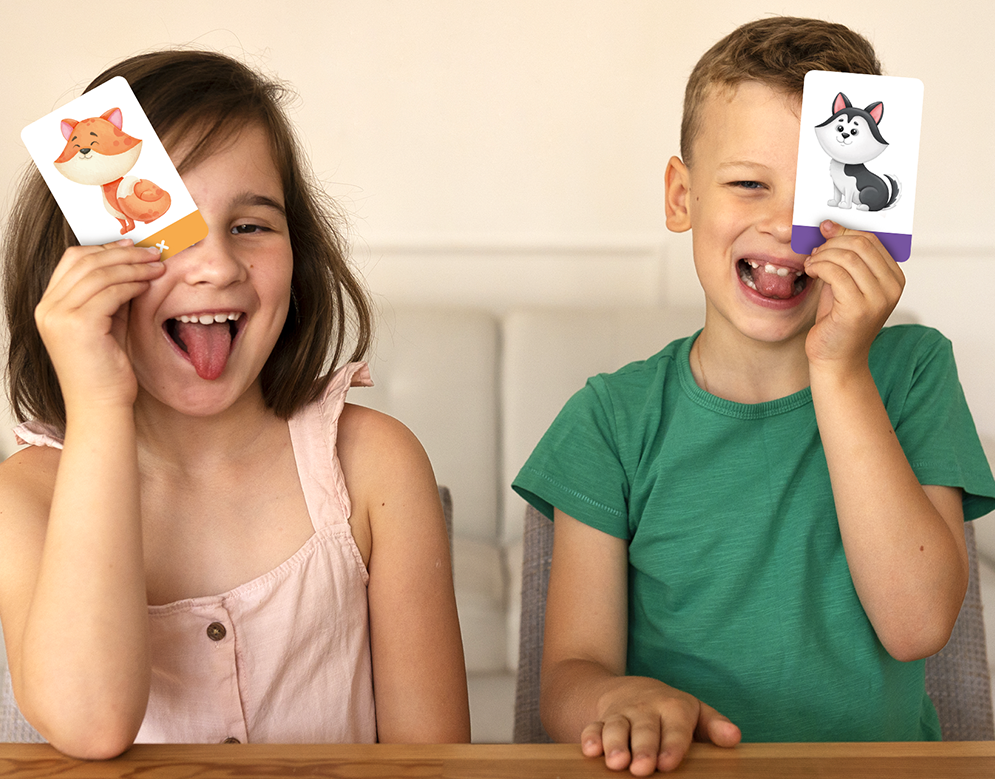
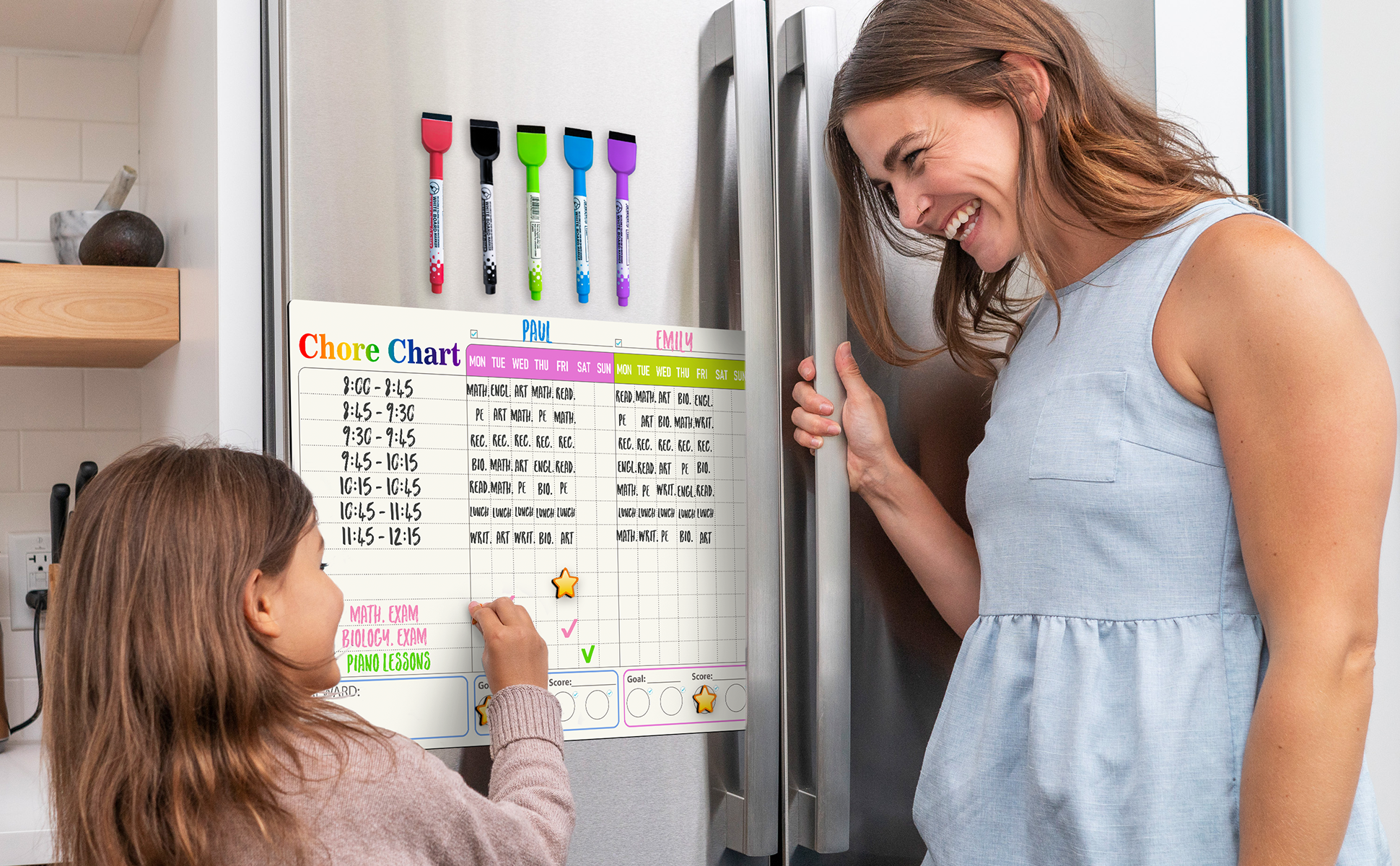
Leave a comment
This site is protected by hCaptcha and the hCaptcha Privacy Policy and Terms of Service apply.